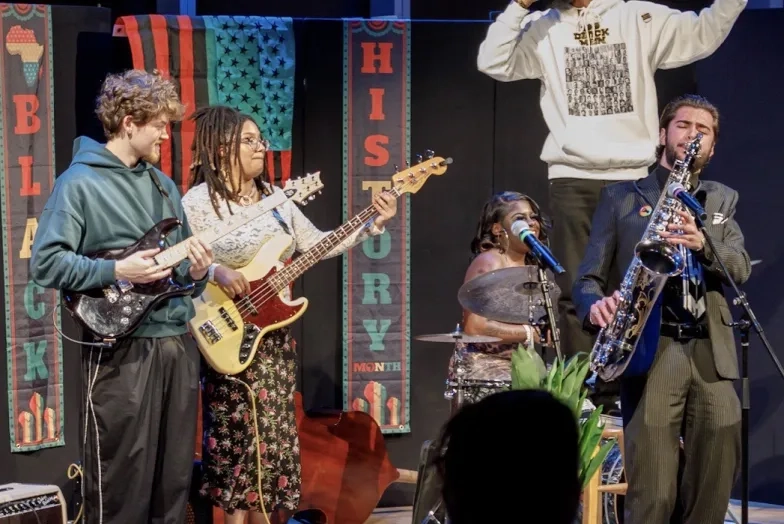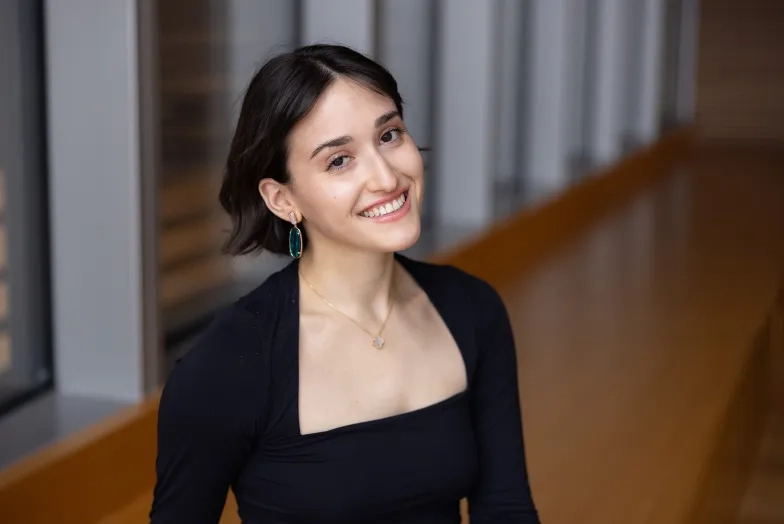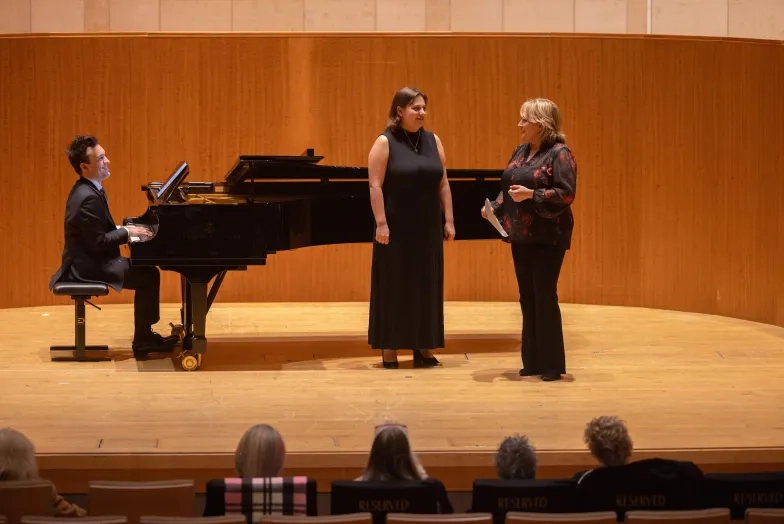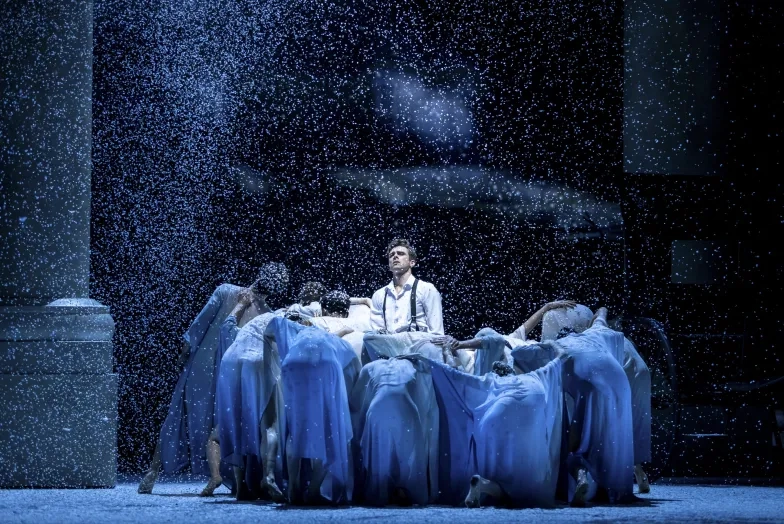Student Recital
Voice
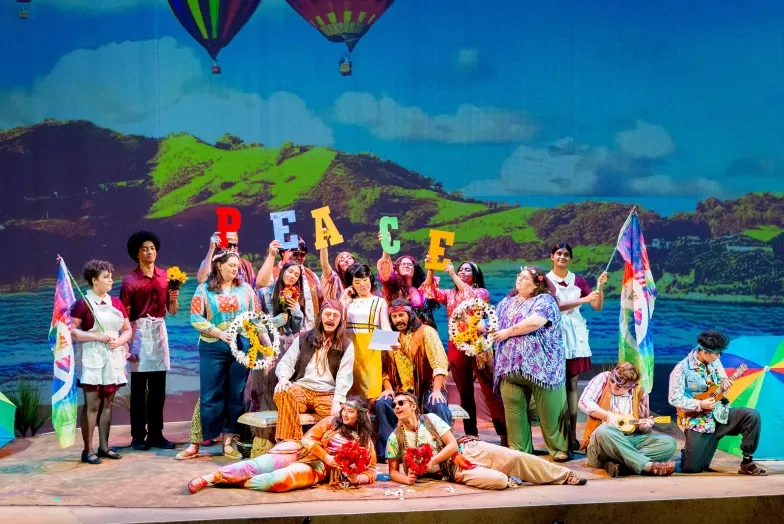
5:00 PM
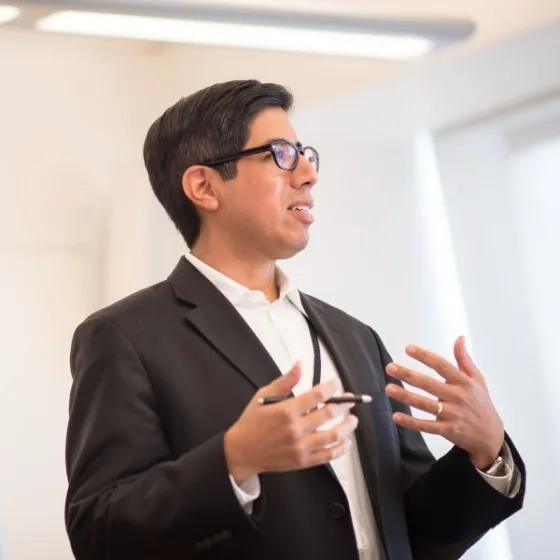
Courses Taught
Music History: 18th and 19th Century
Symphony After Beethoven
Program Notes
Education
PhD, Stanford University
MA, University of Oregon
BM, University of the Pacific
What is your hometown?
Fresno, CA
What is your favorite recording?
Brahms, Ein deutsches Requiem, Otto Klemperer / Schwarzkopf, Fischer-Dieskau, Philharmonia Orchestra and Chorus / Otto Klemperer (1961).
What is a favorite quote that you repeatedly tell students?
“This … is one of those questions that performers/composers/theorists/critics have to argue anew every few generations.”
What question do you wish students would ask sooner rather than later?
“Are there enough English-language sources for this paper topic?”
What was the defining moment when you decided to pursue music as a career?
The first time I performed Dvořák's Symphony in G, as a teenage horn player.
What was a turning point in your career?
My first research sojourn in Austria.
If you weren't a musician or teacher, what do you think you would be doing now?
Working in historic preservation.
If you could play only three composers for the rest of your life, who would they be?
Mozart, Mahler, Gershwin. But let's hope it does not come to that.
From a music history perspective, what year and city are most important to you?
Vienna, 1803.
What are your academic publications?
“Beyond the ‘Viennese Mass’: Thoughts on the History, Use, and Modern Understanding of the Eighteenth-Century Austro-German Orchestral Mass Repertoire.” Sacred Music 141.4 (2014): 21-27.
“Gabriel Fauré.” In Oxford Bibliographies in Music. Ed. Bruce Gustavson. New York: Oxford University Press, 2013.
“Johann Michael Haydn and the Orchestral Solemn Mass in Eighteenth-Century Vienna and Salzburg.” Ph.D. dissertation, Stanford University, 2013.
What is your unrealized project?
There's still hope, so I won't say.

